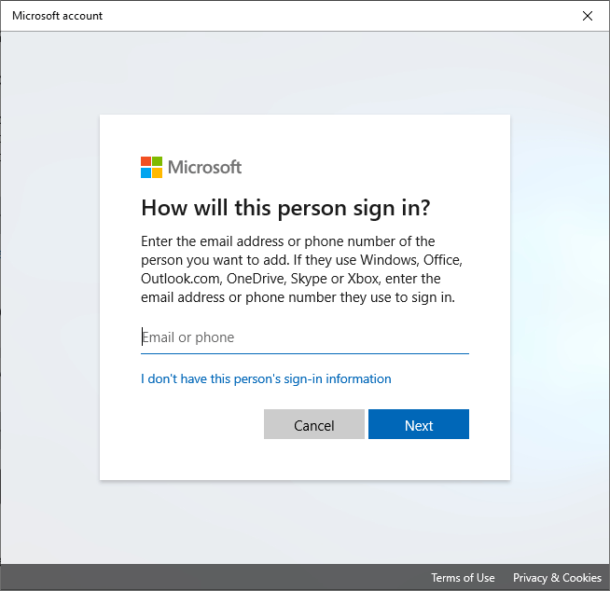


Google automatically makes account holders use two-factor authentication.įurther reading: Best Password Managers & Tools The Weakest Security Link Apple will let Safari browser users use Face ID and Touch ID to access websites and enables them to get services without passwords via the Passkeys protocol. Other vendors, including Duo, Okta, Entrust, IBM and Thales, all offer password alternatives. Microsoft is not the only vendor to put passwords in its crosshairs.

“In a recent Microsoft Twitter poll, one in five people reported they would rather accidentally ‘reply all’ – which can be monumentally embarrassing – than reset a password.” People are “expected to create complex and unique passwords, remember them, and change them frequently, but nobody likes doing that either,” Jakkal wrote. In a recent Microsoft Twitter poll, one in five people reported they would rather accidentally ‘reply all’ Than reset a password Yet for years they’ve been the most important layer of security for everything in our digital lives – from email to bank accounts, shopping carts to video games.” “Nobody likes passwords,” Vasu Jakkal, corporate vice president for security, compliance and identity at Microsoft, wrote in a blog post today. This covers a range of applications and services, including Outlook, OneDrive and Microsoft Family Safety, and will be rolled out in the coming weeks. Users can choose among options such as the Microsoft Authenticator app, Windows Hello biometric technology, a security key compatible with the FIDO-2 (Fast Identity Online) standard, or a verification code that can be sent to a phone or email. Now the company is expanding the passwordless push to all Microsoft accounts. In March, Microsoft brought passwordless sign-in to commercial enterprises around the world. Since then, the company has steadily cast off the need for passwords for various accounts, and by May 2020, 150 million people had stopped using passwords. In 2018, the software giant took the step of doing away with passwords for people signing into its Edge web browser, saying instead they could use a number of alternatives. Microsoft for the past few years has been among the loudest vendors calling for a security future that doesn’t include passwords.


 0 kommentar(er)
0 kommentar(er)
